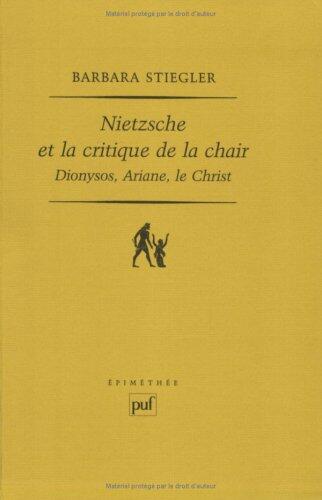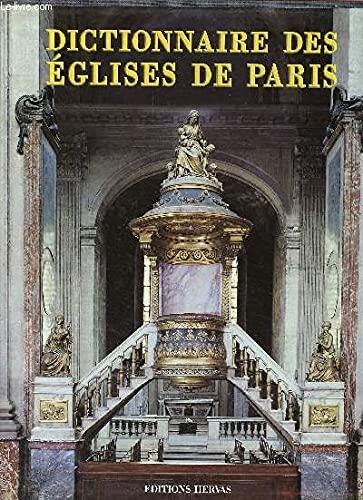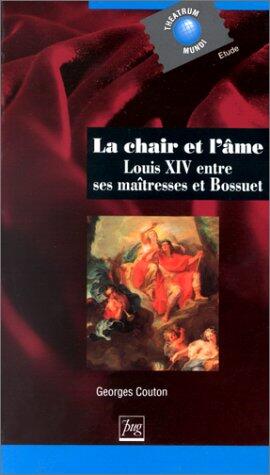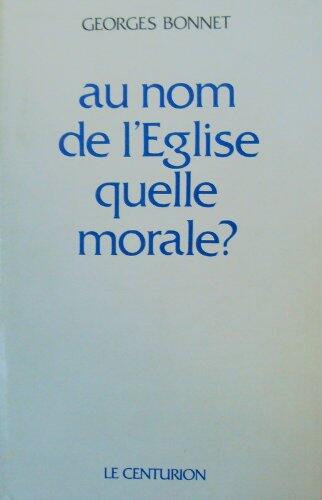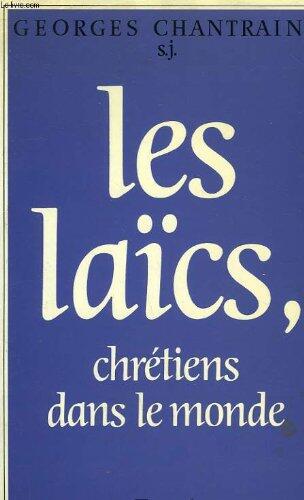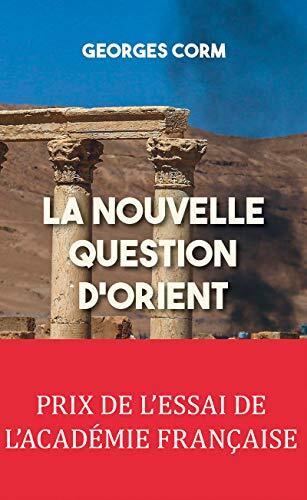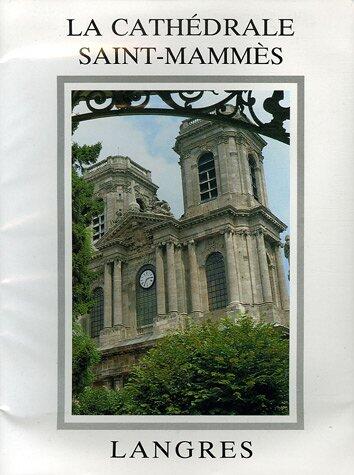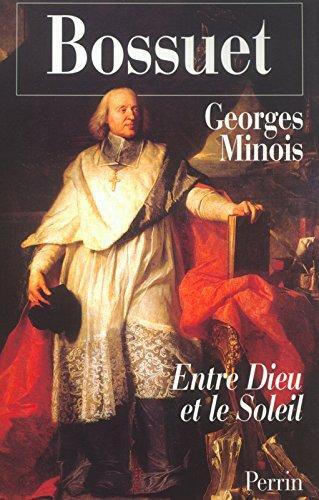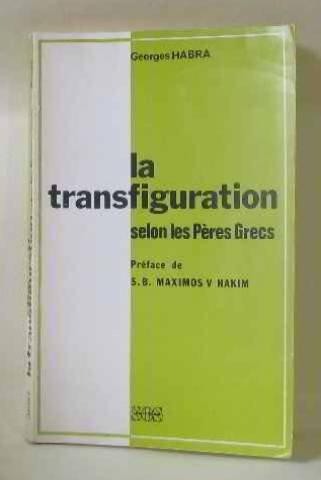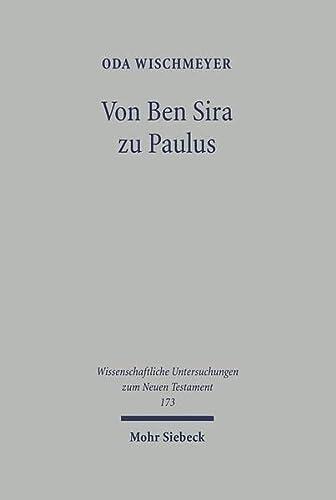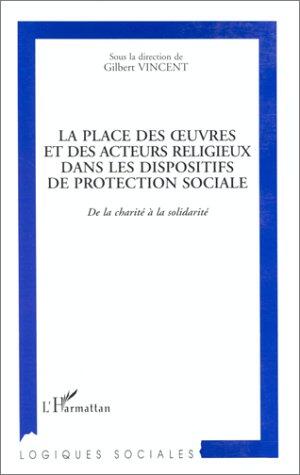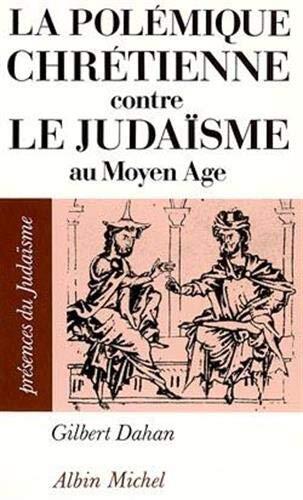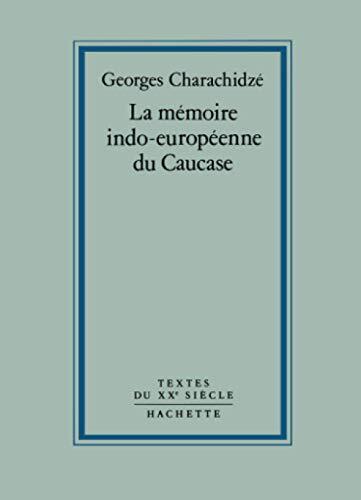
La mémoire indo-européenne du Caucase
아직 평점이 없습니다
Religion & Spirituality
형식
페이퍼백
페이지
154
언어
프랑스어
출판됨
May 20, 1987
출판사
Hachette Litt.
판
HACHETTE LITTERATURES
ISBN-10
2010128087
ISBN-13
9782010128080
설명
Georges Charachidzé delves into the intricate tapestry of Indo-European history as it relates to the Caucasus region. This exploration offers a profound examination of the cultural and linguistic connections that bind these ancient peoples. The author intricately weaves together archaeological findings, historical accounts, and linguistic studies, presenting a comprehensive view of how the Indo-European narrative unfolded in this pivotal area.
In analyzing the region's rich heritage, Charachidzé highlights the interplay between geography and the movements of various Indo-European tribes. He illustrates how the unique position of the Caucasus served as a crossroads for diverse cultures over the centuries, facilitating exchanges that shaped their identities. The book captures the essence of a region steeped in myth and historical significance.
As the narrative unfolds, readers are invited to consider the implications of these historical migrations and their lasting legacies. Charachidzé's meticulous research not only informs the understanding of linguistic evolution but also deepens appreciation for the shared histories of cultures across this ancient landscape.
With expert insights and a passion for the subject, Charachidzé’s work stands as a significant contribution to the fields of linguistics, history, and anthropology. It opens readers' eyes to the lasting imprint of the Indo-European legacy in the Caucasus, echoing through time and inviting further exploration of our shared human story.
In analyzing the region's rich heritage, Charachidzé highlights the interplay between geography and the movements of various Indo-European tribes. He illustrates how the unique position of the Caucasus served as a crossroads for diverse cultures over the centuries, facilitating exchanges that shaped their identities. The book captures the essence of a region steeped in myth and historical significance.
As the narrative unfolds, readers are invited to consider the implications of these historical migrations and their lasting legacies. Charachidzé's meticulous research not only informs the understanding of linguistic evolution but also deepens appreciation for the shared histories of cultures across this ancient landscape.
With expert insights and a passion for the subject, Charachidzé’s work stands as a significant contribution to the fields of linguistics, history, and anthropology. It opens readers' eyes to the lasting imprint of the Indo-European legacy in the Caucasus, echoing through time and inviting further exploration of our shared human story.
